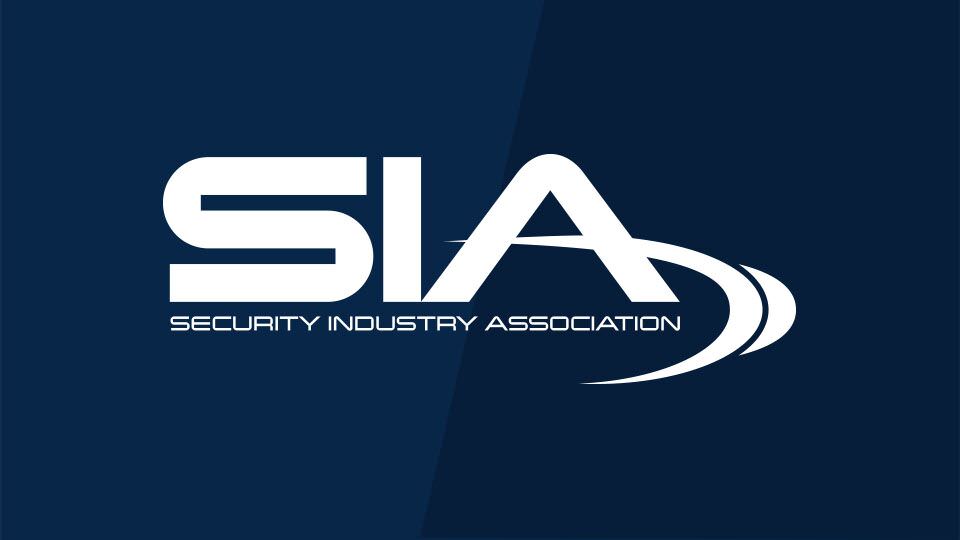Legislation to Extend Life-Safety Power Supply Exemption Pending President’s Signature

On Oct. 24, Congress presented to President Donald Trump a bill to enact the Power and Security Systems (PASS) Act (S. 190), culminating a year-long effort led by the Security Industry Association (SIA) to preserve an important provision in federal energy efficiency requirements critical to the operation of security and fire alarm systems.
Drafted with assistance from SIA and in collaboration with the energy efficiency community, the PASS Act extends a Department of Energy policy exempting security and life-safety external power supplies (EPS) from having to meet a “no-load mode” energy efficiency standard, due to the fact they are always connected and in active mode by design. The new law removes the July 1, 2017 expiration date on the no-load exemption for security and life-safety products and authorizes the U.S. Department of Energy to retain this common-sense provision in any future updates to energy efficiency standards governing external power supplies.
The Energy Independence and Security Act (EISA) of 2007 had required improved energy efficiency for battery chargers and external power supplies (EPS) operating in certain modes, including a standby or no-load mode—such as when a cell phone charger is plugged into the wall but disconnected from the device, where it is still consuming power. Yet longstanding product and installation standards for fire alarm, carbon monoxide, intrusion detection and related sensors ensure they constantly powered to detect and monitor. Since EPS designed for use in such systems are always connected, and they are not manufactured with a no-load mode.
In response, SIA led a coalition of industry groups to secure an exemption for security and life-safety power supplies, which was signed into law in 2011 after an extensive process to properly scope the exemption and make the case to lawmakers for enactment. The bill’s authors included a five-year sunset provision, a common way of ensuring a review by Congress of new policies set forth in legislation before becoming permanent.
Power supply manufacturers claimed this exemption though the process of certifying qualifying products with the Department of Energy. As the July 1 expiration approached, the need for maintaining this security and life-safety exemption was very clear from both a technology and policy standpoint. Nothing had changed in system design that would allow for operation in no-load mode for life-safety systems, and importantly, no energy savings would result since systems operate only in active mode.
Without the exemption, security manufactures would be forced to redesign power supplies and retool manufacturing processes, needlessly increasing the cost to produce the equipment by 200-300 percent according to industry estimates—affecting not just manufacturers but the entire value chain.
This issue is a great example of why industry engagement on public policy issues is so critical. In our democratic system of government, straightforward solutions to even the simplest of problems do not get enacted automatically—they require citizens and policymakers to work together, through procedures that provide full consideration and debate but also can be time consuming without a guaranteed outcome. For example, the PASS Act was considered on three separate occasions by the U.S. House of Representatives since 2016 before becoming law this week.
Ultimately, adoption of the PASS Act required many calls and meetings on Capitol Hill, many hours of discussion on policy details, and diligent engagement by individuals across many trade associations, congressional offices, federal agencies and SIA member companies. Importantly, it would not have been possible without the bipartisan leadership of the bill’s sponsors Sens. Cory Gardner, R-Colo., and Maria Cantwell, D-Wash., as well as Reps. Peter Welch, D-Vermont, and Susan Brooks, R-Ind. Over the past two years, Gardner, Welch and Brooks had been recognized with SIA’s Legislator of the Year award for their support of policies important to the security industry.
The PASS Act provides much-needed certainty to manufacturers, installers and service providers who are among thousands of Americans that work in the security industry—but ultimately it benefits the millions of American consumers that depend on such security and life-safety systems.
